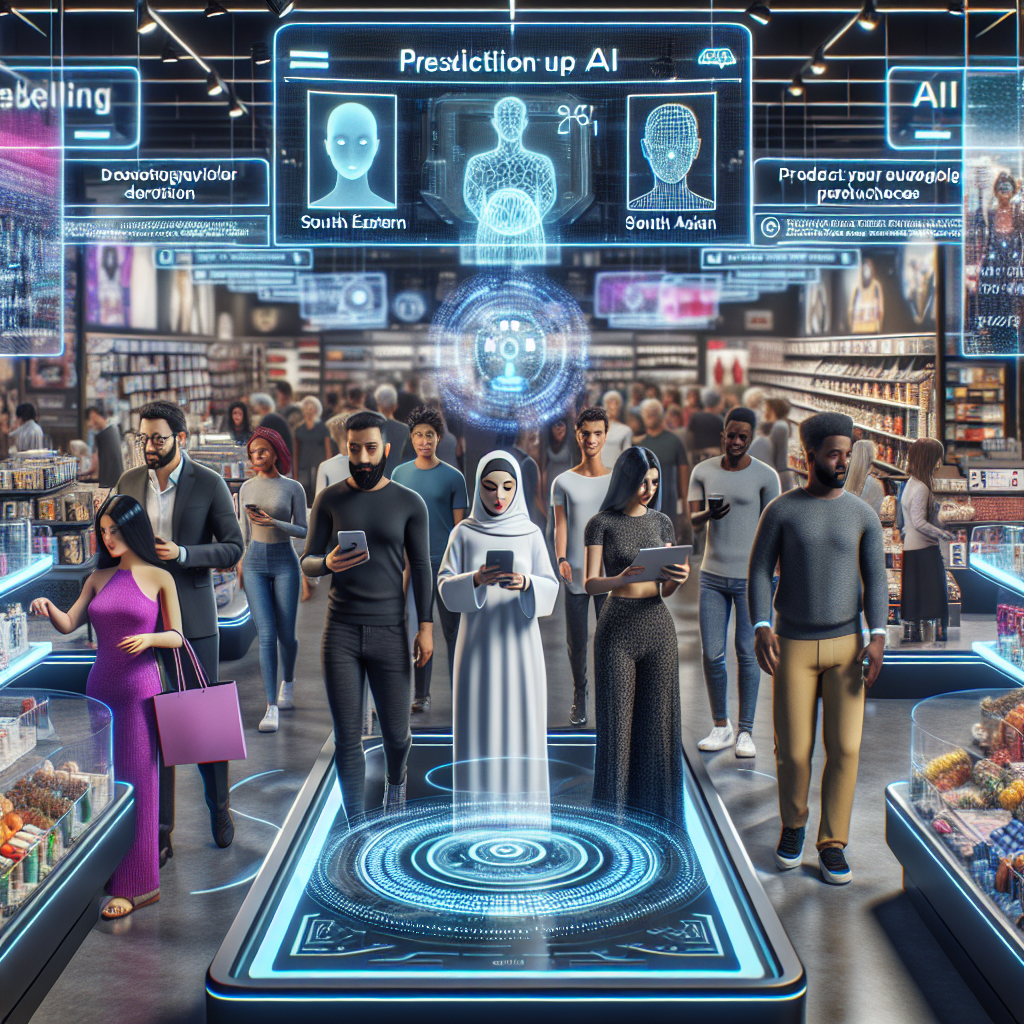Retail AI Predicts Your Purchases
In 2014, a father walked into a Target near Minneapolis, furious that his teenage daughter had received coupons for maternity clothes. He later offered the company an apology—his daughter was, in fact, pregnant, and retail AI predicted her purchases before her family even knew. This now-famous story outlines a crucial shift: artificial intelligence isn’t just guessing what comes next—it’s strategically analyzing consumer behavior to anticipate it with eerie precision.
How Retail AI is Transforming the Shopping Experience
Retailers are now investing heavily in AI systems capable of understanding not only what you bought last but what you’re likely to need next. From machine learning algorithms tracking seasonal trends to deep data analytics processing your preferences in real time, AI is creating hyper-personalized shopping journeys. Today, retail AI predicts your purchases with astonishing accuracy, shaping everything from digital ads to real-time discounts.
Data Powers the Prediction
Whether you shop online or in-store, every interaction fuels AI’s learning process. These systems collect and interpret massive sets of data, including:
- Purchase history
- Online browsing behavior
- Device and location data
- Social media activity
When combined, these data points create a customer profile so detailed that AI can predict when you’ll run out of pet food or when you’re likely to be shopping for school supplies. This isn’t just convenient—it’s a strategic move by retailers to optimize inventory, pricing, and customer satisfaction.
Real-World Examples of AI in Action
Major players like Amazon and Walmart are pushing the envelope with AI-driven shopping science. Amazon’s predictive shipping model aims to store products in warehouses near you based on what you might order soon. Walmart employs AI to anticipate demand shifts, enabling smarter stocking and faster delivery. Even mid-sized retailers use AI for preemptive product suggestions and loyalty rewards programs that encourage repeat purchases.
Benefits for Retailers and Shoppers
The integration of AI into retail isn’t only about tech—it saves money, improves experience, and fosters brand loyalty. Key benefits include:
- Increased conversion rates: Personalization improves engagement and purchase likelihood.
- Smarter inventory management: AI predicts demand more accurately, reducing waste.
- Reduced cart abandonment: Well-timed reminders and incentives target buyers on the fence.
- Improved customer service: Automated chatbots guide buyers effectively, based on context.
The Future of Shopping is Predictive
The line between marketing and mind-reading is increasingly blurred. As retail AI predicts your purchases with improved accuracy, ethical concerns arise around data collection and personal privacy. But for now, the convenience of personalized recommendations continues to lure users willingly into AI-enhanced commerce.
To stay ahead in this AI-powered retail revolution, understanding the technology behind these predictions is more important than ever. For an in-depth look at how machine learning is shaping industries beyond retail, check out McKinsey’s guide to AI and machine learning.
The next time your phone flashes a perfectly-timed suggestion for a product you didn’t know you wanted—remember: retail AI didn’t get lucky. It knew.

